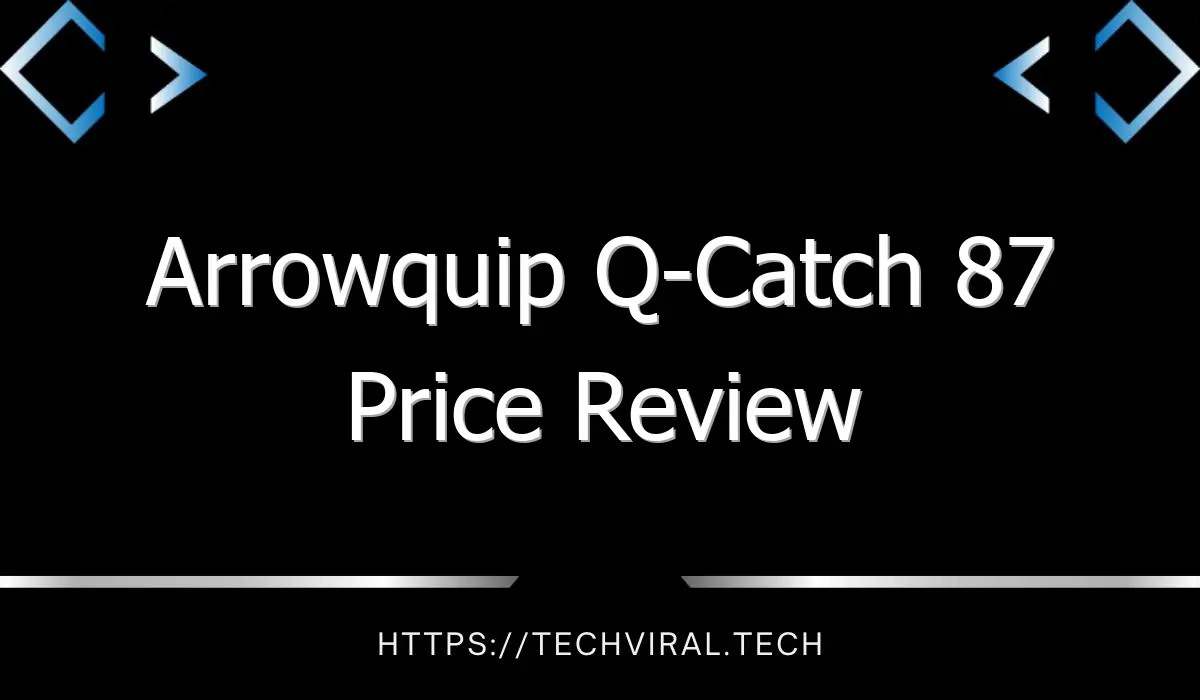Important Principles to Follow When Choosing Your Next CMS

Whether you’re looking for a content management system for your company website or you’re just curious what’s available in the market, it’s essential to choose a platform that addresses both your present and future business needs. It should integrate with your existing tech stack while incorporating forward-thinking features. It’s essential to do your research – talking to others with similar use cases is a great way to get a first-hand feel for what’s available, and writing a request for proposals gives vendors an opportunity to address your specific requirements.
User friendliness
When choosing a CMS for your website, one of the most important features to consider is user friendliness. A CMS should offer the user the ability to customize its elements easily. If a CMS is not user-friendly, you may find yourself frustrated with its inability to handle your website’s content editing needs.
CMS vendors offer a vast range of products. Selecting the right one for your business can be a daunting task. In addition, the wrong choice can have long-lasting negative effects on your business and haunt your IT department for years. It is therefore important to choose a CMS carefully, taking into account the following principles:
A CMS must offer a user-friendly interface that is easy to navigate and does not require a great deal of technical knowledge to use. Users should also be able to use the system without requiring extensive training, which saves you time and money.
A good CMS should offer multiple users the ability to collaborate and manage content. The system should offer easy-to-use editing features and be compatible with plug-ins. There are several popular platforms available on the market today, and some companies prefer to build their own.
Scalability
There are a number of scalability principles to follow when choosing your next CMS. First, decide what your performance requirements are. This is important because it will inform your selection. Second, be sure to choose a system that is scalable. Lastly, choose a CMS that is built for concurrency.
Scalability refers to the ability of your system to handle more work. This can include handling more data and responding to more user requests. However, designing software systems to handle a large number of requests can be complicated. This article will discuss the principles of scalability and how to build them into your system.
Scalability is one of the most important features in software development. This is because almost every business will run into scaling problems. The problem occurs when a software system reaches a saturation point, at which it is not able to handle more traffic. After this point, it may stop functioning.
Once you know your website’s current needs, you should prioritize features and functions that are scalable. You also have to determine what functionality your site will need in the future. You should prioritize your requirements by breaking them down into must-have, should-have, and could-have categories.
Flexibility
If you are considering choosing a new CMS, flexibility is a key principle to consider. You need a system that can accommodate changes in your business as it grows. It also should integrate with your current tech stack while incorporating forward-thinking features. When choosing a CMS, talk to your leadership team, staff, and employees to get a true sense of what your specific needs are. You can also write a request for proposal to give vendors a chance to answer all of your concerns.
Flexibility testing is critical because it can help you decide which elements of a site need the most flexibility. For example, a blog’s layout can be simple, while a landing page for a PPC campaign will need multiple layouts to be effective. The ability to test different layouts is essential for both these situations. Moreover, a flexible CMS should provide you with support and training programs that can ease your development process. These features will not only make your life easier as a developer, but also improve the quality of your user experience.
Platform-independent software
Choosing a CMS platform can be an overwhelming task. Some organizations will rush into the selection process based on price or Gartner quadrant placement, but this can leave organizations with an overly complicated and unusable platform. There are several principles that can help you avoid such problems.
First, look for a CMS that offers strong security measures. CMSs are vulnerable to attacks because most of them use a virtual file system, leaving plenty of ways for hackers to get into your website. Look for CMSs that have a comprehensive list of ways their software can be hacked, and always test their code thoroughly before releasing it.




